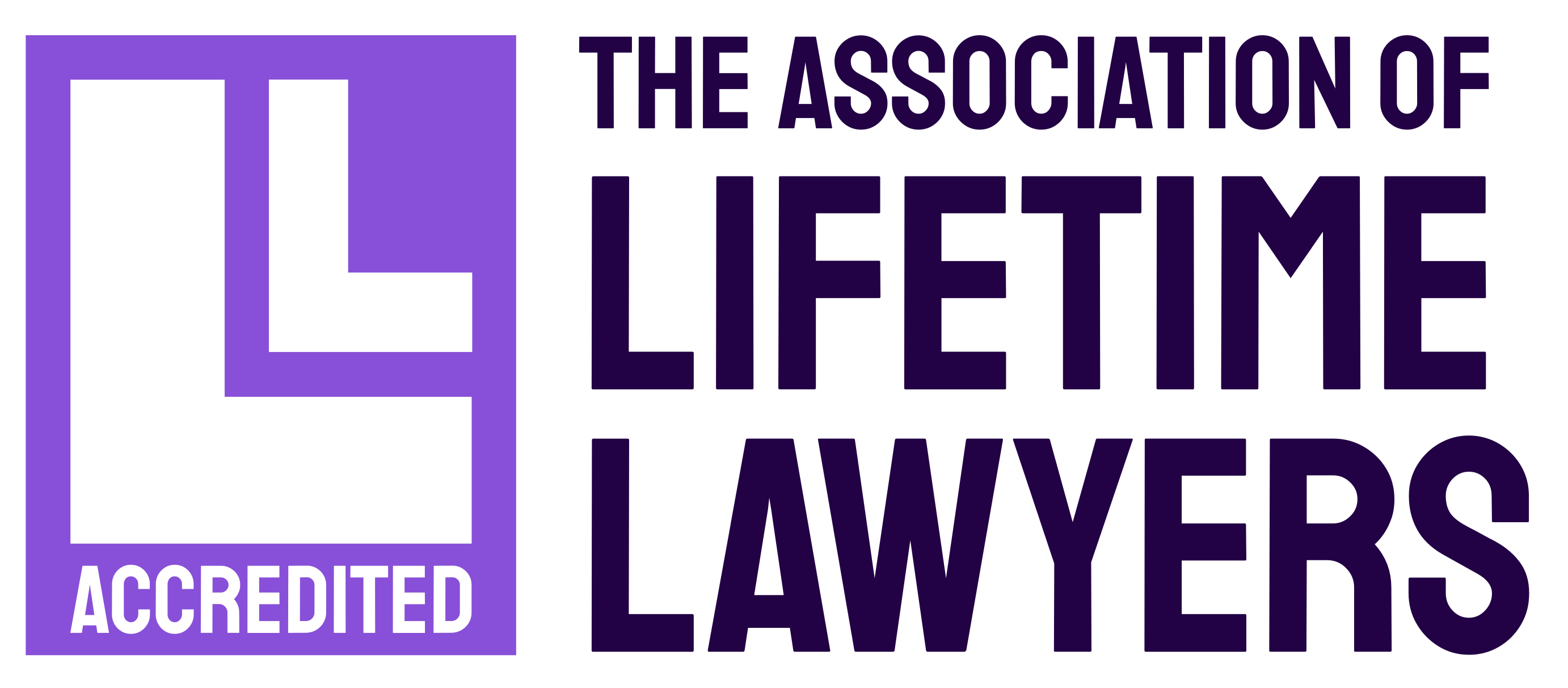News & insights
Taking the first step onto the property ladder
7th March 2017

It’s a continuing theme in certain sections of the media that young Britons may never get on the housing ladder.
It’s true that over the last two decades, the UK has seen the average age of the first time buyer steadily rise. According to the latest figures*, the average age of first time buyers in the UK is now 30, rising to 34 in parts of London and the surrounding commuter towns. The same research, however, also shows that the number of first time buyers is at its highest level since before the financial crash of 2007, with 335,750 taking their first steps onto the property ladder during 2016.
For many young people, particularly here in the North East, the dream of home ownership is a very real possibility. Graduates and young professionals should think very carefully before considering relocating. With lower property prices in the region, the aspiration to become a home-owner is far more achievable here. The average price of a home in the North East is around £155,000, whilst in London it is more than £500,000.
There are a number of avenues of support for first time buyers, including longer-term mortgages, which reduce monthly payments. During 2016, 28% of first time buyers opted for longer terms of 30, or even 35 years, up 11% from 2016, encouraged by the record low base rate set by the Bank of England.
For those unable to afford a mortgage on 100% of a property, the Shared Ownership scheme is also opening doors. The scheme offers buyers the chance to own a share of a property, between 25% and 75% of the total value, and pay rent on the remaining percentage. If they find themselves in a position to buy further shares this is possible.
To be eligible for the scheme you must be a first buyer, used to own a home, but can no longer afford to do so, or be an existing share owner looking to move. You must also reside in household which earns less than £80,000 annually, with the threshold rising to £90,000 in London.
Help to Buy ISAs are also giving first time buyers an option. Available through most banks and building societies, the ISA is specifically aimed at first time buyers, who receive a £50 bonus from the government for every £200 they save, with a maximum contribution of £3,000.
With housing and home ownership very much on the agenda of the Government, it will be interesting to see if even more first timers enter the market in 2017.
Please note: This article is intended as guidance only. No responsibility for loss occasioned/costs arising as a result of any act/failure to act on the basis of this article can be accepted by Latimer Hinks. In addition, no responsibility for loss occasioned/costs arising as a result of any act/failure to act on the basis of this article can be accepted by the firm.
*Figures from The Halifax First-Time Buyer Review released 13 Jan 2017.

Martin Williamson




